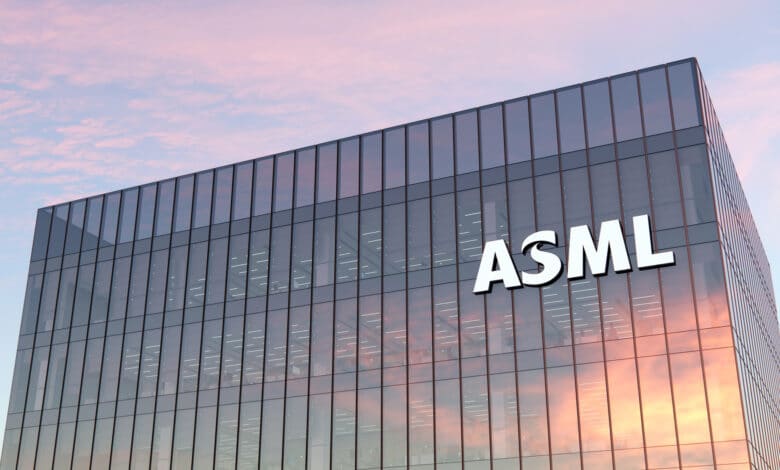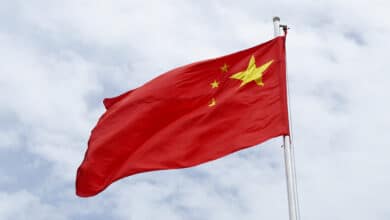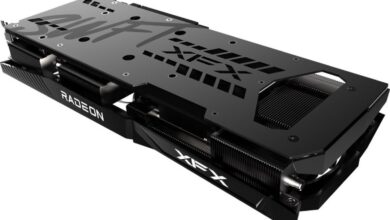
A few days ago we reported on Taiwan’s plan to build new semiconductor plants worth $120 billion. TSMC’s new Taiwan chip factories will also focus on state-of-the-art exposure machines. These are needed to manufacture brand-new semiconductors as well. Up to now, China has relied on imports in this respect. But this should now be an end. ASML, a Dutch manufacturer of exposure machines, has now been prohibited from continuing to send the appropriate exposure technology to the Middle Kingdom. Thus we find ourselves in the next chapter of the China vs. USA economic war.
Ban on sales of more semiconductor exposure machines
It is not new for ASML to be banned from selling to Chinese semiconductor manufacturers. After all, the company from the Netherlands has already been banned from selling any more exposure machines with EUV light to the Middle Kingdom. Now the U.S. government has extended the sales ban even further. The news portal Bloomberg reports that so-called immersion lithography scanners may now also no longer be sold. This is likely to hurt the Chinese semiconductor industry a lot, as ASML is namely the only manufacturer of such equipment. However, since China is also suffering from the worldwide chip crisis, solutions must be found. After all, the scanners that the giant country was able to buy until ASML was sold are by no means enough.
Next round in the economic war
With the sales ban, the U.S. is initiating the next round in its economic war against China. One company that symbolizes this as well as probably no other is Huawei. As a partially state-owned company, the electronics giant was placed on the dreaded US sanctions list a few years ago. As a result, the popular smartphones, tablets, notebooks and the like could no longer be sold in the US. But not only that. On top of that, US companies were prohibited from selling their software and hardware to Huawei. This meant that Huawei not only had to develop its own software, since Android was henceforth a red rag.
On top of that, the company had to look for its own chip production. Somehow, the company managed to survive this hullabaloo and is now back on our store shelves with products like the Huawei Nova 9 (test). The reason for the sanctions was Huawei’s reputation for spying on US citizens with its devices. This allowed the government to classify the company as a threat to national security. Now there has been a next victim of the economic war with SMIC. However, the U.S. government’s move here is by no means a defensive reaction.
Instead, the cabinet headed by U.S. President Joe Biden quite obviously wants to weaken China’s economy. Especially in times of the growing importance of semiconductors, this action is a real blow against China’s modern chip production. Bloomberg also reports in its article that another well-known manufacturer of so-called DUV scanners could possibly implement a sales ban. Indeed, in addition to ASML, major camera manufacturer Nikon also sells the exposure machines needed in modern chip manufacturing.
Will the shot backfire?
Projects such as the “EU CHIPS ACT” or the “US CHIPS ACT” highlight the West’s efforts to make itself independent of Chinese semiconductor production. But it is not only the USA and the EU that are focusing on autarky when it comes to modern technology. As the example of Huawei has made clear, the Middle Kingdom is capable of developing its own technology as quickly as possible. This should now probably also be the case in the field of exposure machines. Although in-house developments are likely to involve a gigantic effort in view of the complexity of modern scanners, since China already has comparable technology, experts expect simple plagiarisms of the ASML devices. The current developments in the semiconductor industry symbolize a strong movement towards deglobalization. We are curious to see how this case will develop further.




No replies yet
Neue Antworten laden...
Gehört zum Inventar
Beteilige dich an der Diskussion in der Basic Tutorials Community →